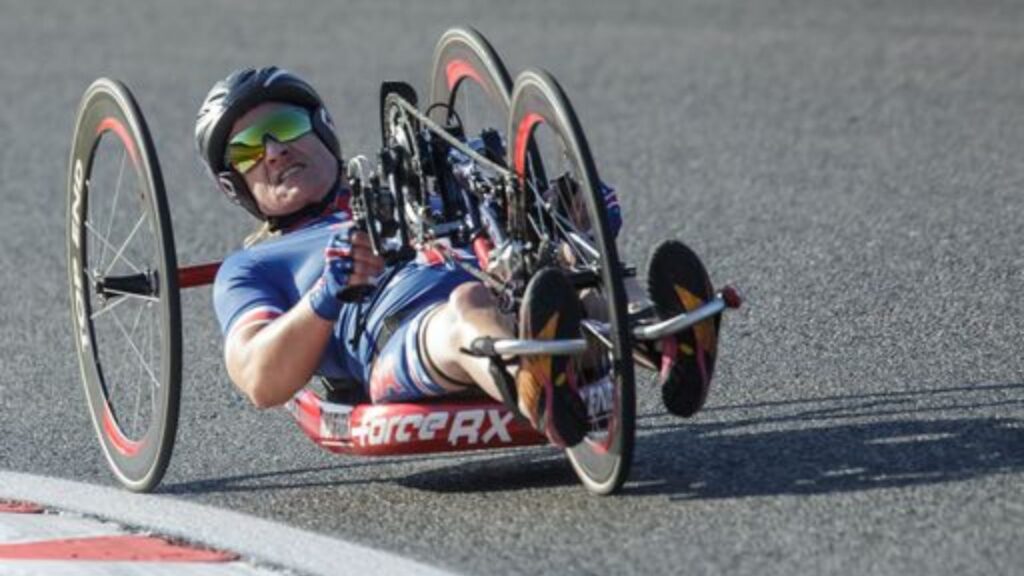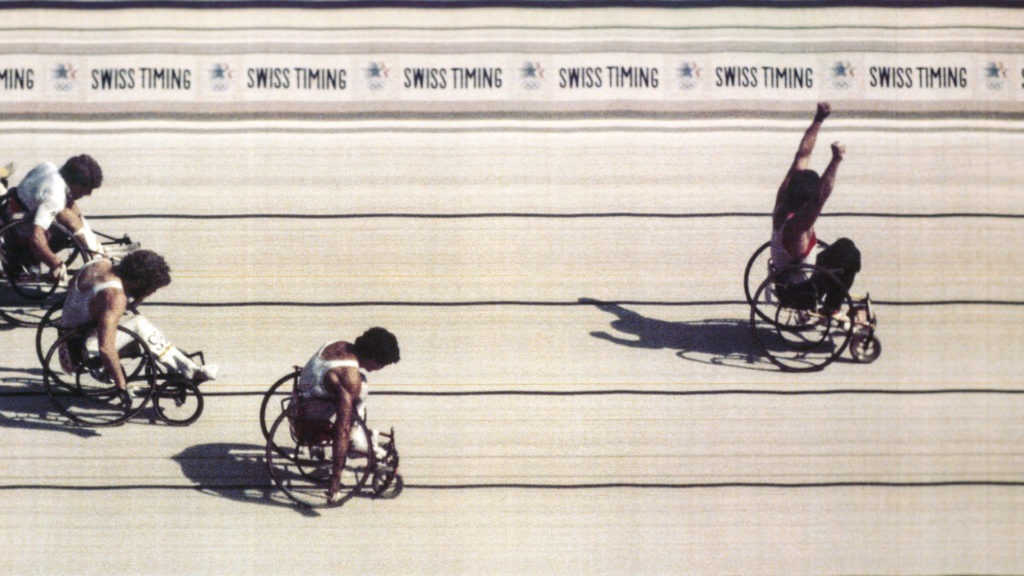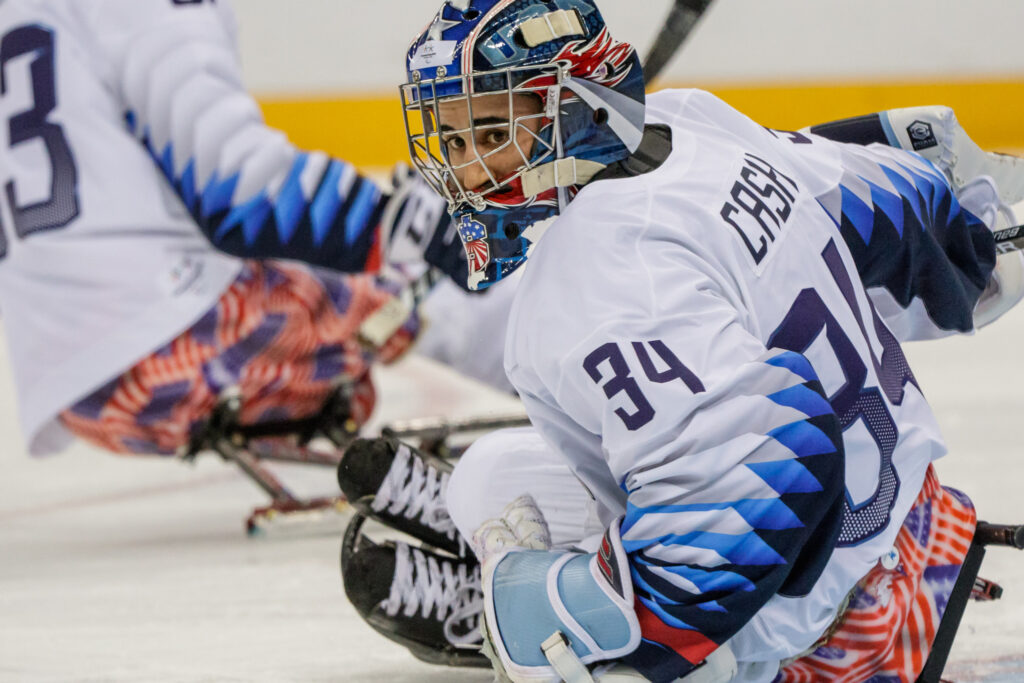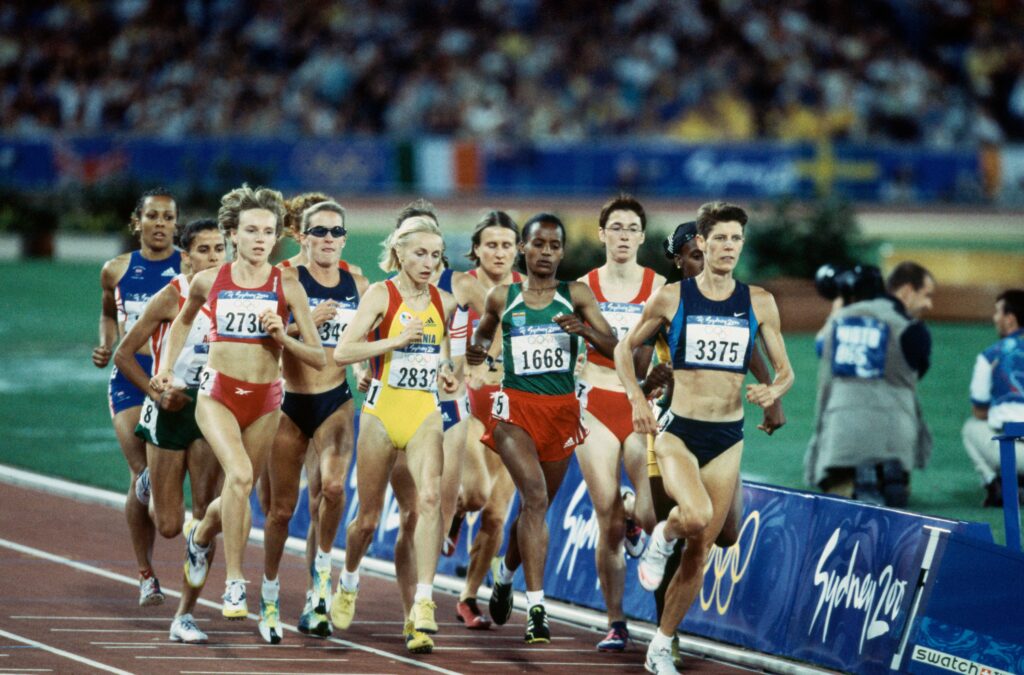From an early age, Oscar De La Hoya knew what he wanted to do. In his autobiography, De La Hoya wrote that he first put on boxing gloves at age 4 and a year later was following his older brother to a local gym.
De La Hoya had boxing in his genes. His father was an amateur fighter and his father boxed professionally.
By his teenage years, De La Hoya was a budding amateur star, getting in the ring often and compiling an amateur record of 223-5. He won the Junior Olympic 119-pound title at age 15 and two years later won the Golden Gloves belt as a 125-pounder. He soon would be named USA Boxing’s Boxer of the Year.
So it only seemed natural that a few months after graduating from James A. Garfield High School in East Los Angeles, De La Hoya traveled to the Barcelona 1992 Olympic Games and won the lightweight gold medal.
“I wanted that gold medal for the United States, and that’s what I was most proud of,” he said. “Standing on top of that podium and listening to the national anthem, that’s what it was all about.”
“I was going through a very difficult moment, because the entire story was about ‘can Oscar win the gold medal for his mother who had passed away the year before in October?’ That was the entire buildup and the hype around me.
“I was under a lot of pressure. Right when I left the ring, I mean, the instant that I did that, and NBC came up to interview me, I just broke down. … I couldn’t believe it. I couldn’t smile. I couldn’t be happy. I didn’t cry. I was just numb. It was a bittersweet moment. I wanted to make my mom’s dream come true. Her dream was for her son to win the gold, and so, I wanted to do it and make it happen so badly for her. But I was also thinking, ‘why isn’t she here to enjoy it?’
De La Hoya’s nickname, which has stuck through his adult life, seemed natural: The Golden Boy.
De La Hoya was on to boxing stardom after The Olympics, turning professional and winning world titles in six different weight classes before retiring in 2009 with a career record of 39-6. His Golden Boy Promotions company also was an unqualified success as one of boxing’s biggest promoters.












